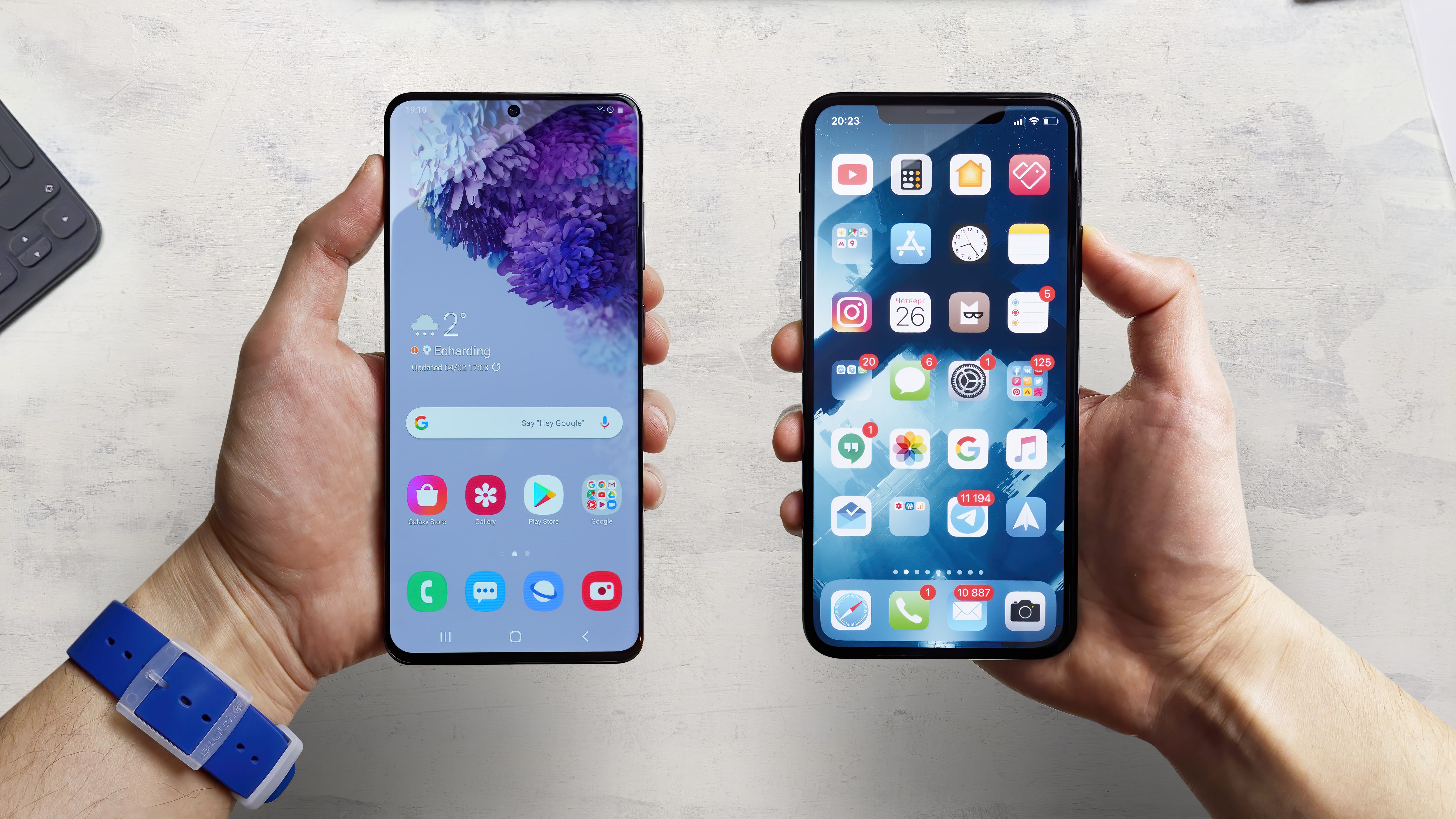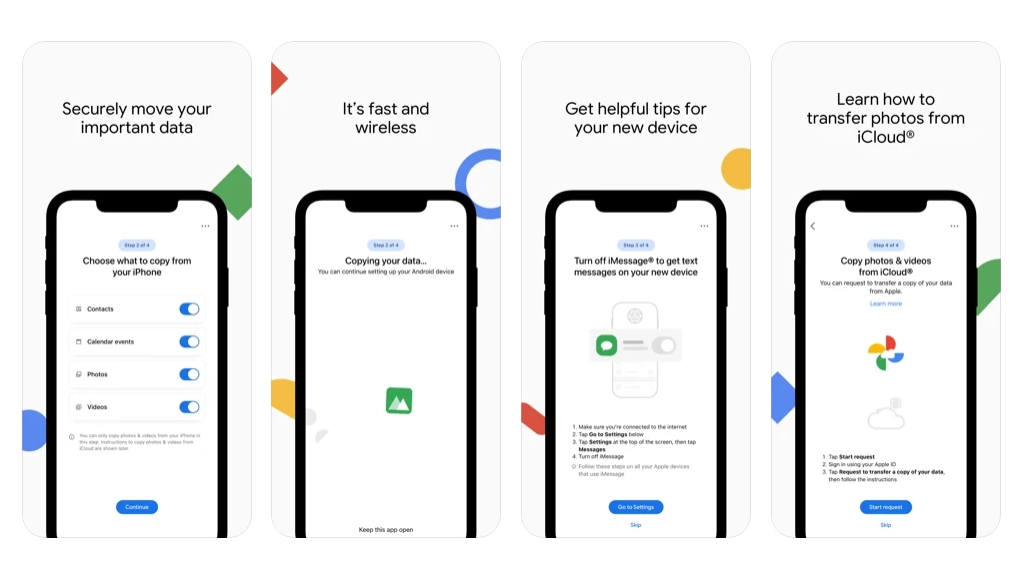
Sign up for breaking news, reviews, opinion, top tech deals, and more.
You are now subscribed
Your newsletter sign-up was successful
The European Union’s Digital Markets Act (DMA) has already forced Apple’s hand when it comes to granting certain iPhone users access to third-party app stores, and now the tech giant has expressed its commitment – through gritted teeth, you’d have to assume – to making the process of switching from iPhone to Android much easier.
As spotted by The Verge, Apple has published a new compliance document that outlines all the ways in which it’s complying with the now-enforceable DMA. As part of these new commitments, the company is working on a more “user-friendly” solution for transferring data “from an iPhone to a non-Apple phone” (read: an Android phone).
“Apple aims to make this solution available by fall 2025,” the company writes, adding that the new method will build on existing third-party migration tools. Google already offers a dedicated iOS app – Switch to Android – for transferring data like contacts, photos, videos, and texts from an iPhone to an Android, but this method doesn’t carry over iOS-specific content like paid apps, Safari bookmarks, and Alarms.
Presumably, then, Apple’s more “user-friendly” data transfer solution will cater to more – if not all – forms of iPhone content, which should make the process of ditching one of the best iPhones for one of the best Android phones a whole lot easier.

If that all sounds like Apple is shooting itself in the foot, it’s worth reiterating that the iPhone maker is only doing this because it has to. The EU’s intention with the DMA is to bring about a fairer and more open digital market; to dilute the anticompetitive powers of Big Tech behemoths like Apple. However, that’s not to say that this new legislation will encourage a mass exodus of iPhone users.
In fact, Apple’s new compliance document outlines a handful of imminent iPhone-specific changes (dare we say improvements?) that may well keep existing iPhone users glued to the iOS ecosystem for longer. For instance, in addition to that aforementioned data transfer solution, Apple is also “creating a browser switching solution for exporting and importing relevant browser data into another browser on the same device.”
The latter feature – which will presumably make it easier to swap out Safari for another default iPhone browser – is scheduled to roll out in late 2024 or early 2025. iPhone users will even have the option to delete Safari from iOS altogether, as well as change the default navigation app from Maps to any other app of their choosing.
Sign up for breaking news, reviews, opinion, top tech deals, and more.
It’s not yet clear whether Apple will introduce these DMA compliance measures outside of the EU – the company’s approach to sideloading suggests not – but it’s clear that big changes are on the horizon for the ways in which certain iPhone users can transfer data within, and away from, their iPhones.
You might also like...

Axel is TechRadar's Phones Editor, reporting on everything from the latest Apple developments to newest AI breakthroughs as part of the site's Mobile Computing vertical. Having previously written for publications including Esquire and FourFourTwo, Axel is well-versed in the applications of technology beyond the desktop, and his coverage extends from general reporting and analysis to in-depth interviews and opinion.
Axel studied for a degree in English Literature at the University of Warwick before joining TechRadar in 2020, where he earned an NCTJ qualification as part of the company’s inaugural digital training scheme.